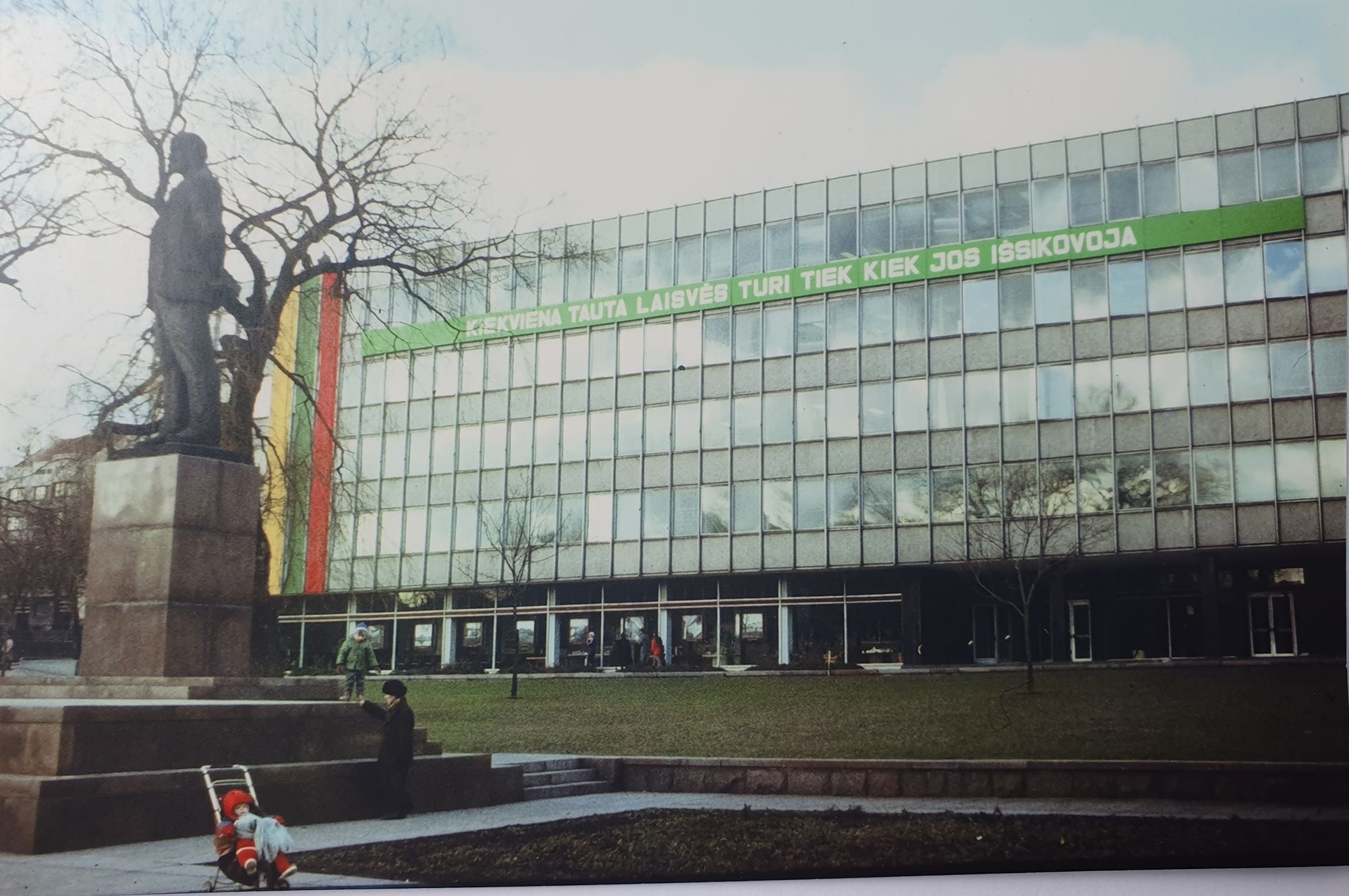Emphasized, Unspoken, Justified

In order to understand why the Soviet past is remembered differently, 25 narratives of nine Lithuanian families (parents, grandparents, and grandchildren) were analyzed. The applied theoretical assumption about the “generational effect” on memory: an “interpretative framework” gained during adolescence or early adulthood has an impact on the way we think about the past. In order to trace generational “interpretative frameworks” and indicate memory generations (that do not per se represent cohorts), the study was inductively focused on how the relation to the Soviet past is constructed. The narration of life stories and re-narration of grandparents’ life stories (for those with no or very limited Soviet experience) enable us to approach the “generational effect” in different Soviet narratives. A participation in family conversations about the recent past and the subsequent interpretative analysis demonstrate three key motives – emphasis, silencing, and justification – that are used by different generations in terms with the Soviet past. Preliminary four memory generations are indicated based on the way grandparents, parents, and grandchildren construct their relation to such aspects as participation in ideological organizations, “illegal practices,” personal or organized resistance, transformations after the Restoration of Independence in 1990, and a higher status in the hierarchy of the Soviet system.
See the article here